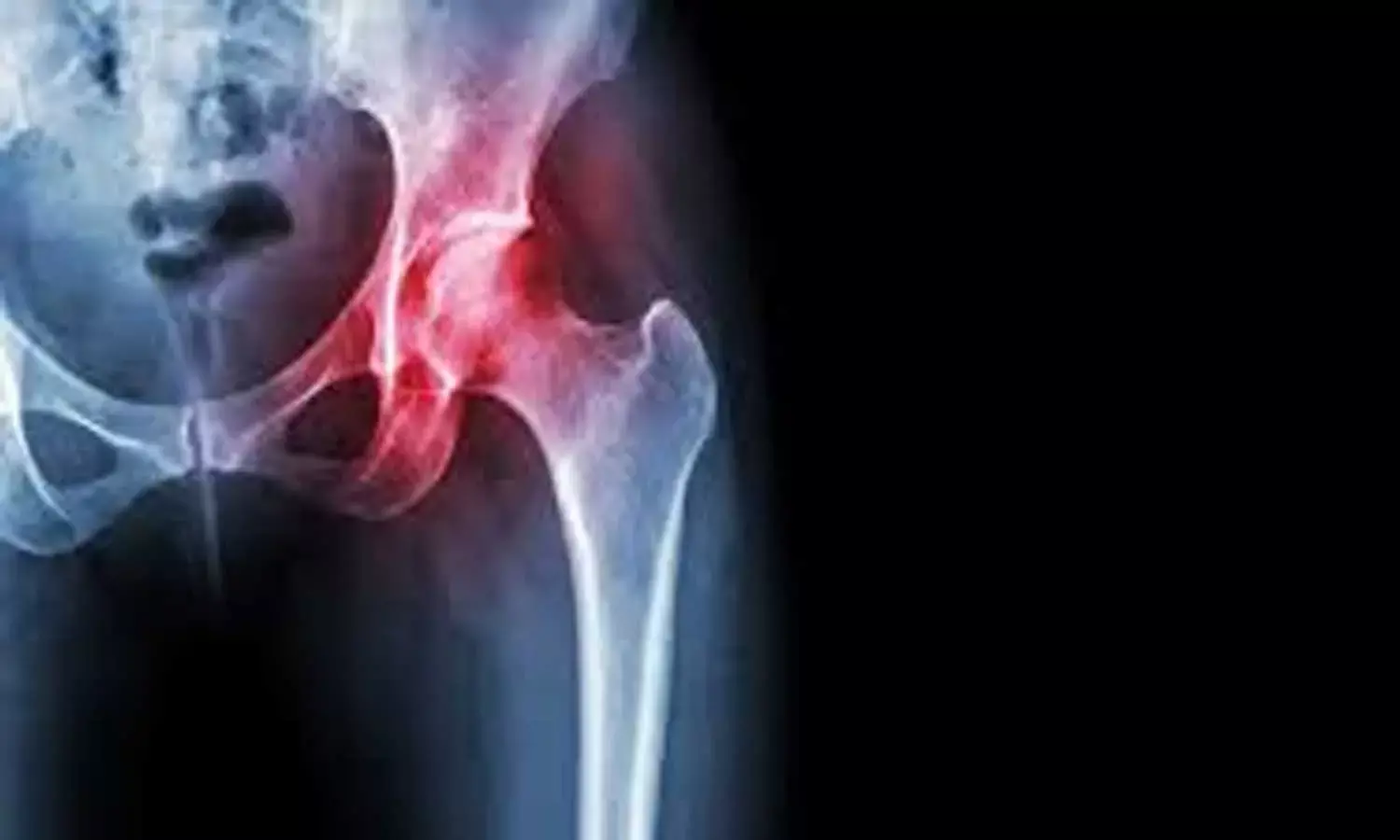- Home
- Medical news & Guidelines
- Anesthesiology
- Cardiology and CTVS
- Critical Care
- Dentistry
- Dermatology
- Diabetes and Endocrinology
- ENT
- Gastroenterology
- Medicine
- Nephrology
- Neurology
- Obstretics-Gynaecology
- Oncology
- Ophthalmology
- Orthopaedics
- Pediatrics-Neonatology
- Psychiatry
- Pulmonology
- Radiology
- Surgery
- Urology
- Laboratory Medicine
- Diet
- Nursing
- Paramedical
- Physiotherapy
- Health news
- Fact Check
- Bone Health Fact Check
- Brain Health Fact Check
- Cancer Related Fact Check
- Child Care Fact Check
- Dental and oral health fact check
- Diabetes and metabolic health fact check
- Diet and Nutrition Fact Check
- Eye and ENT Care Fact Check
- Fitness fact check
- Gut health fact check
- Heart health fact check
- Kidney health fact check
- Medical education fact check
- Men's health fact check
- Respiratory fact check
- Skin and hair care fact check
- Vaccine and Immunization fact check
- Women's health fact check
- AYUSH
- State News
- Andaman and Nicobar Islands
- Andhra Pradesh
- Arunachal Pradesh
- Assam
- Bihar
- Chandigarh
- Chattisgarh
- Dadra and Nagar Haveli
- Daman and Diu
- Delhi
- Goa
- Gujarat
- Haryana
- Himachal Pradesh
- Jammu & Kashmir
- Jharkhand
- Karnataka
- Kerala
- Ladakh
- Lakshadweep
- Madhya Pradesh
- Maharashtra
- Manipur
- Meghalaya
- Mizoram
- Nagaland
- Odisha
- Puducherry
- Punjab
- Rajasthan
- Sikkim
- Tamil Nadu
- Telangana
- Tripura
- Uttar Pradesh
- Uttrakhand
- West Bengal
- Medical Education
- Industry
PPI's may increase the risk of fracture in children

US: Proton pump inhibitors are widely used to treat acid reflux and other upper intestinal disorders in children as well as adults. Although PPIs have historically been considered "exceptionally safe," several reports have suggested that they may be implicated in a wide range of complications. In adults, PPIs have been linked to a small but significant increase in the risk of fractures, especially with long-term use. But the same complications with PPIs in children is still in a dilemma.
A study suggesting an increased risk of fracture among otherwise healthy pediatric patients exposed to PPIs was conducted by Nathan Robert Fleishman, MD, Children's Mercy Kansas City in Kansas City, Mo. It was published in the Journal of Pediatric Gastroenterology and Nutrition.
The analysis showed a significantly higher fracture rate in children exposed to PPIs: 1.4 percent, compared to 1.2 percent in those not exposed to PPIs.
The study included data on children and adolescents, the average age of four years, from 2011 to 2015. Data were drawn from the cooperative Pediatric Hospital Information System database. A total of 32,001 care encounters where the patient received a PPI were matched to the same number of encounters without PPI use. The study excluded patients with complex chronic conditions, or with conditions or medications predisposing to fracture risk.
Following were the key findings:
1)Significantly higher fracture rate in children exposed to PPIs: 1.4 percent, compared to 1.2 percent in those not exposed to PPIs.
2)The probability of fracture would be 20 per cent higher in a child taking PPIs.
3)In both groups, the upper extremity (arm and hand) was the most common fracture location. However, children exposed to PPIs were more likely to have fractures of the lower extremity.
4)A "class effect" of PPIs was observed, where the fracture risk was increased with all PPIs, not any particular drug or combination of drugs.
"Our study highlights the need to limit the use of PPIs to individuals who are clearly benefiting and for the least duration necessary," stated the coauthor Thomas Attard, MD. "Additionally, children who are on these medications long-term warrant ongoing follow up." The researchers hope the findings will stimulate further research and strategies to limit fracture risk in children who require PPIs for longer periods of time.
For further reading click on the following link,
DOI: 10.1097/MPG.0000000000002690
MBBS
Dr K B AARTHI-has completed MBBS from SRM UNIVERSITY TAMIL NADU,Her interest is in the field of Pediatrics and Anaesthesia, also passionate in doing research and publishing articles.She joined Medical Dialogues in 2020 and publishes health news and medical updates. Email: editorial@medicaldialogues.in. Contact no. 011-43720751,9786713226
Dr Kamal Kant Kohli-MBBS, DTCD- a chest specialist with more than 30 years of practice and a flair for writing clinical articles, Dr Kamal Kant Kohli joined Medical Dialogues as a Chief Editor of Medical News. Besides writing articles, as an editor, he proofreads and verifies all the medical content published on Medical Dialogues including those coming from journals, studies,medical conferences,guidelines etc. Email: drkohli@medicaldialogues.in. Contact no. 011-43720751


